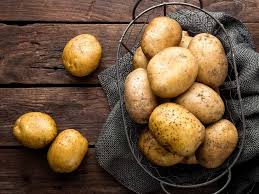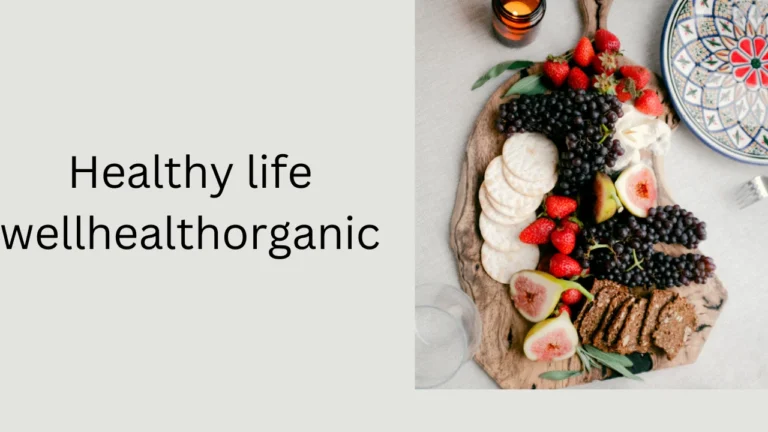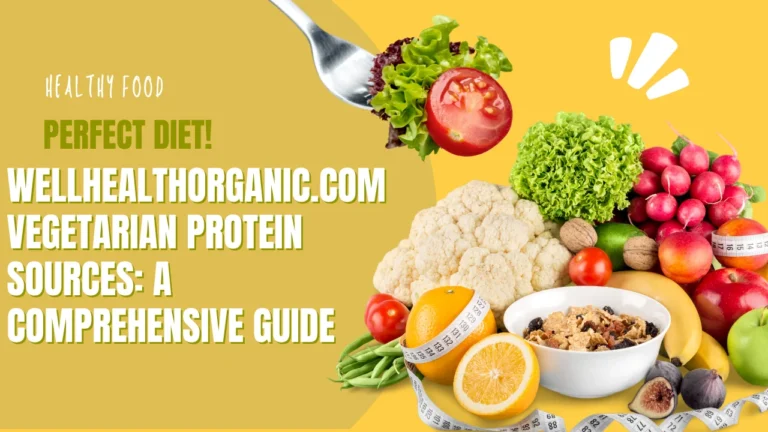Carbs, Calories, And Vitamins: Understanding Potato Nutrition Facts

One of the most popular vegetables in the world, potatoes are cherished for their flavor and adaptability. From mashed and baked to fried and roasted, this humble tuber has been a staple in diets for centuries. Yet, potatoes are often misunderstood when it comes to their nutritional value. Some view them as a carb-heavy culprit in weight gain, while others champion their role as a nutrient-packed powerhouse. This article aims to demystify the potato nutrition facts by focusing on their carbs, calories, and vitamins.
Carbs: Fuel For Your Body
Carbohydrates are the primary component of potatoes, making up the bulk of their nutritional value. A medium-sized potato (around 150 grams) contains roughly 37 grams of carbs, which may seem high at first glance. However, these carbohydrates provide an excellent source of energy, especially for those with active lifestyles. The carbs in potatoes are predominantly in the form of complex carbohydrates, which are digested more slowly than simple carbs, offering sustained energy and helping maintain stable blood sugar levels.
Additionally, potatoes have a trace amount of resistant starch, a kind of carbohydrate that functions similarly to fiber and resists digestion in the small intestine. Because resistant starch feeds good gut flora, it has been associated with better gut health. Additionally, this type of starch can help enhance feelings of fullness, making potatoes a satisfying addition to meals.
Calories: A Misunderstood Metric
One of the most common concerns about potatoes is their calorie content. A medium-sized potato contains around 110–130 calories, depending on the variety. For a vegetable that is so filling and versatile, this calorie count is relatively modest. The misconception that potatoes are inherently fattening likely stems from the ways they are prepared. Oil is frequently used to cook fried potatoes, such as French fries or potato chips, which greatly raises their calorie and fat content.
When prepared simply—boiled, steamed, or baked—potatoes can be a low-calorie, nutrient-dense food that fits well into a balanced diet. Pairing potatoes with lean proteins, healthy fats, and vegetables can create a satisfying, well-rounded meal.
Read more : The Role Of A Sports Physical Therapist In Athlete Recovery
Vitamins And Minerals: The Hidden Nutritional Gems
Potatoes provide health-promoting vitamins and minerals. One of potatoes’ most important elements is vitamin C. A medium potato contains 30% of the daily vitamin C requirement, which boosts the immune system. Vitamin C also aids collagen production, wound healing, and plant-based iron absorption.
Potassium, a mineral essential to maintaining normal blood pressure and muscle function, is another significant component present in potatoes. In fact, potatoes are one of the best sources of potassium among commonly consumed foods, offering more potassium per serving than bananas.
In potatoes, vitamin B6 helps create hemoglobin, which delivers oxygen, preserves brain function, and assists with energy metabolism. Additionally, potatoes provide small amounts of other B vitamins, including niacin, thiamin, and folate, which contribute to energy production and nervous system health.
The Fiber Factor
Given their high carbohydrate content, potatoes are often overlooked, yet when eaten with the skin, they are rich in fiber. About 3–4 grams of fiber, which is good for digestive health, can be found in a medium-sized potato with its skin on. Additionally, fiber lowers cholesterol, increases feelings of fullness, and controls blood sugar levels.
The Versatility Of Potatoes In A Healthy Diet
One of the reasons potatoes have stood the test of time is their versatility in the kitchen. From robust side dishes to cozy soups and casseroles, there are endless ways to cook them. To maximize their nutritional benefits, opt for cooking methods that preserve their natural goodness. Boiling, steaming, or baking potatoes without added fats is the healthiest way to enjoy them.
When incorporating potatoes into your diet, balance is key. A dinner that is full of nutrients is guaranteed when they are served with lean proteins and a range of vibrant vegetables. For example, roasted potatoes served with grilled chicken and steamed broccoli make for a delicious, well-rounded dinner.
Busting The Myths
It’s worth addressing some common misconceptions about potatoes. Many people assume that white potatoes are less nutritious than their sweet counterparts. While sweet potatoes are higher in certain nutrients, such as vitamin A, white potatoes hold their own in terms of potassium, vitamin C, and fiber. You can include both kinds of potatoes in a nutritious diet.
The idea that eating potatoes causes weight gain is another misconception. The reality is that potatoes themselves are not inherently fattening. It’s the preparation methods—like frying in oil or loading them with butter, sour cream, or cheese—that can add excess calories and fat.
Conclusion
One nutrient-dense, multipurpose item that can be included in a balanced diet is potatoes. They provide a number of health advantages, including being high in vitamins and minerals, low in calories when served simply, and full of complex carbohydrates for energy. By choosing healthy cooking methods and pairing them with other nutritious ingredients, you can enjoy the goodness of potatoes without guilt. So, the next time you add potatoes to your plate, rest assured you’re making a wholesome choice.






